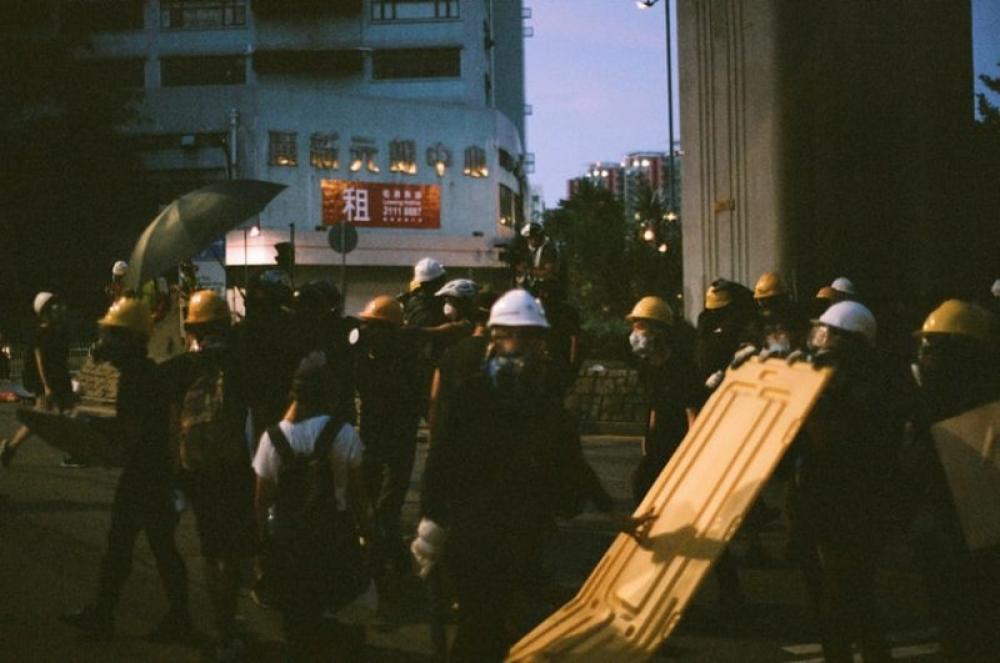Just Earth News | @justearthnews | 13 May 2020, 06:17 am Print

Unsplash
Beijing/Hong Kong: China seems to be using their trick of moving into Hong Kong even as the world is busy combating COVID-19.
Riots police chased protesters through Hong Kong's shopping malls and streets on Sunday when democracy activists launched Mother's Day flash mob rallies calling for independence and demanded resignation for the city's China-backed unpopular leader.
During the weekend protests, police reportedly arrested 230 demonstrators.
They were reportedly arrested on different charges that ranged from unlawful assembly and even for refusing to abide by social distancing regulations.
At the same time, however, the government is pushing ahead with a piece of legislation that -- like the extradition bill that kicked off last year's protests -- has sparked concern among moderate Hong Kongers about increasing Chinese encroachment and undermining of the city's political freedoms, CNN reported.
On Tuesday, the government said lawmakers will resume debate on the Chinese national anthem bill on May 27, reported the American news channel.
The proposed law will make it a crime punishable by up to three years in prison "to insult the national anthem", the report said.
Interestingly, Hong Kong is a semi-autonomous city under China. It has its own legal and political system, with limited democracy and greater personal freedoms than on the mainland.
With Hong Kong reducing COVID-19 outbreak, the city has been witnessing protests over the past couple of months.
Hong Kong witnessed violent protests last year.
The protests started last year over a now-suspended extradition bill that would have allowed Hong Kong to send criminal suspects to China for trial, but they have grown into a broader movement calling for democratic reform in the territory and an investigation into alleged police brutality against protesters.
The protesters said then they were fighting to preserve the “one country, two systems” arrangement and a promise of freedom under which Hong Kong was returned to China as a specially administered region by the British 1997.
The former British colony’s handover to China in 1997 made it officially the Hong Kong Special Administrative Region of the People's Republic of China, or a special administrative region on the eastern side of the Pearl River estuary in southern China. With over 7.4 million people of various nationalities, Hong Kong, once a fishing village, is one of the most densely populated places in the world.
Hong Kong Island became a colony of the British Empire at the end of the First Opium War in 1842, followed by Kowloon in 1860 after the Second Opium War, and the modern territory was completed in 1898 with a 99 year British lease over the New Territories, which comprise 86% of Hong Kong's land.
Hong Kong maintains governing and economic systems separate from those of mainland China, under the "one country, two systems" designation. Its people tend to identify as Hongkongers rather than Chinese.
- Viral Irish food bank photo sparks shocking racist attacks on Indians
- Caught on camera: Two foreigners assaulted in Israel in an alleged racial attack
- Pakistan: Parents heartbroken after court sides with man accused of kidnapping minor Christian girl
- Pakistan: Trafficked 35 years ago, Bangladesh-born woman approaches court against FIA for offloading her from flight!
- Hindu tea worker found bound and bloodied in Bangladesh garden during general elections; investigation underway





-1763561110.jpg)
